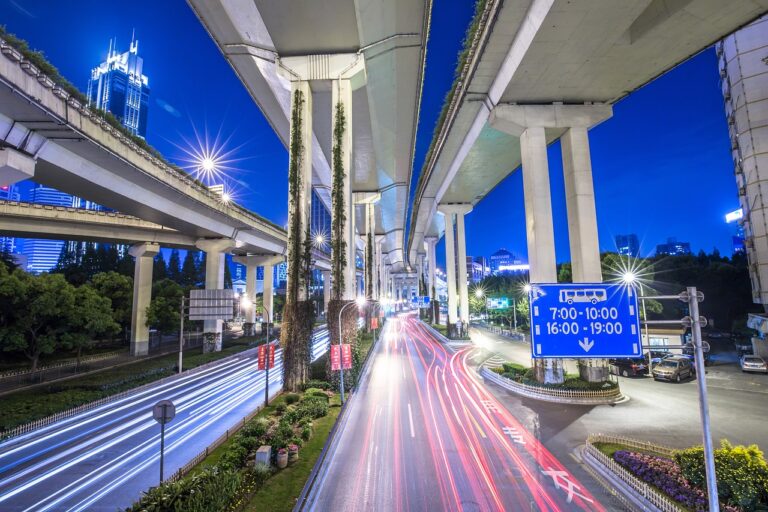Analyzing the Role of Car Sharing in Disaster Response and Recovery: 99 exch sign up, Lotus 365.io, Play exch.in
99 exch sign up, lotus 365.io, play exch.in: Car sharing has become an increasingly popular mode of transportation in urban areas, offering a more sustainable and flexible alternative to traditional car ownership. While car sharing is commonly associated with convenience and cost savings, its role in disaster response and recovery is often overlooked.
During times of crisis, such as natural disasters or emergencies, traditional transportation systems may be disrupted, making it challenging for individuals to access essential services or evacuate affected areas. In these situations, car sharing can play a crucial role in providing reliable and on-demand transportation solutions to assist with disaster response and recovery efforts.
1. Efficient Resource Allocation
One of the key benefits of car sharing in disaster response is its ability to efficiently allocate resources. Car sharing services typically have a fleet of vehicles strategically located throughout urban areas, making them readily available for use in emergency situations. This can help optimize the deployment of vehicles and ensure that transportation resources are utilized effectively.
2. Enhanced Mobility
Car sharing can also improve mobility for individuals who may be displaced or facing transportation barriers during a disaster. By providing access to a network of shared vehicles, car sharing services can help individuals reach essential services, evacuation centers, or other critical locations quickly and safely.
3. Collaborative Community Support
In times of crisis, communities often come together to support one another. Car sharing platforms can facilitate this collaborative effort by enabling users to share vehicles, offer rides to those in need, or coordinate transportation assistance for vulnerable populations. This can help strengthen community resilience and foster a sense of solidarity during challenging times.
4. Flexibility and Adaptability
Car sharing services are known for their flexibility and adaptability, allowing users to access vehicles on a short-term basis and adjust their transportation needs as required. This can be particularly beneficial during disaster response and recovery efforts, where transportation demand may fluctuate rapidly, and traditional transportation options may be limited.
5. Sustainability and Environmental Impact
In addition to its practical benefits, car sharing also offers environmental advantages by promoting shared vehicle usage and reducing the overall number of cars on the road. This can help mitigate traffic congestion, air pollution, and carbon emissions, contributing to a more sustainable and eco-friendly transportation system in disaster-affected areas.
6. Integration with Emergency Response Plans
As the role of car sharing in disaster response becomes increasingly recognized, emergency management agencies and organizations are beginning to integrate these services into their contingency plans. By partnering with car sharing providers and leveraging their resources, emergency responders can enhance their transportation capabilities and improve coordination during crisis situations.
FAQs
1. How can individuals contribute to disaster response with car sharing?
Individuals can support disaster response efforts by participating in car sharing services, offering rides to those in need, sharing vehicles with neighbors, or volunteering to assist with transportation coordination in their communities.
2. Are car sharing services reliable during emergencies?
Car sharing services typically maintain high levels of uptime and availability, making them a reliable transportation option during emergencies. However, users should always stay informed about service updates and safety guidelines during crisis situations.
3. What role do car sharing providers play in disaster preparedness?
Car sharing providers can play a proactive role in disaster preparedness by implementing emergency response protocols, conducting training exercises for their staff, collaborating with emergency management agencies, and offering support to communities in need.
In conclusion, the role of car sharing in disaster response and recovery is multifaceted and increasingly relevant in today’s dynamic urban landscape. By harnessing the efficiency, flexibility, and collaborative nature of car sharing services, communities can enhance their resilience, promote sustainable transportation practices, and improve the overall effectiveness of their disaster response efforts. As we continue to navigate the challenges of an ever-changing world, leveraging the power of car sharing in disaster scenarios can make a significant difference in safeguarding the well-being and mobility of individuals and communities alike.







